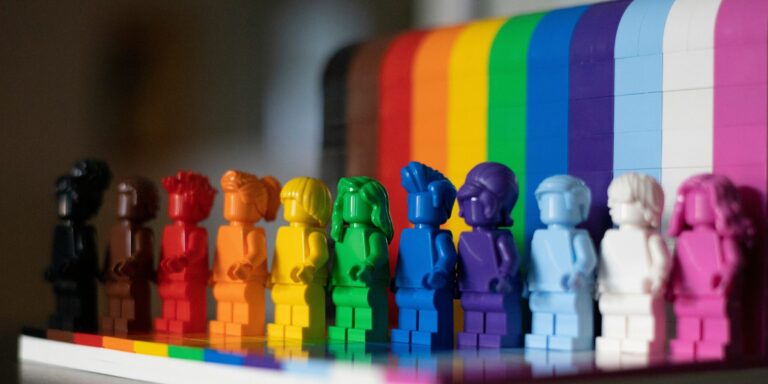Several LGBTQ+ athletes have announced their decision to opt out of participating in WorldPride 2025 events in Washington D.C., citing concerns about safety and the political climate in the United States. As the nation continues to grapple with political tensions surrounding LGBTQ+ rights, some athletes are choosing not to participate in this year’s WorldPride, particularly after the Trump administration’s controversial policies restricting transgender rights and other protections for the LGBTQ+ community.
Among the athletes who have opted out of WorldPride events is Olympic gold medalist Abby Wambach, who expressed concerns about the rising anti-LGBTQ+ rhetoric in the U.S. “As an LGBTQ+ ally and advocate, I believe in the power of Pride events, but I cannot, in good conscience, attend an event in a country where so many of my community members are under attack,” Wambach said in a statement. “We have come so far, but the current political landscape makes it difficult to fully celebrate our progress.”
This decision reflects a broader unease within the LGBTQ+ athletic community. Transgender athletes, in particular, have faced growing challenges, with several states passing laws that restrict their participation in women’s sports. The Biden administration’s efforts to protect transgender rights have been met with significant opposition, particularly from conservative groups and lawmakers. This has created a climate of fear among some athletes who feel their safety is at risk.
As a result, several high-profile athletes have announced they will not attend WorldPride events, citing the need for more comprehensive protections and support for LGBTQ+ individuals. Advocacy groups, including GLAAD and the Human Rights Campaign, have called for stronger measures to ensure the safety and inclusion of all LGBTQ+ athletes, regardless of their gender identity or sexual orientation.
While the withdrawal of these athletes is disappointing for some, organizers of WorldPride 2025 remain committed to providing a safe and inclusive environment for all participants. Event organizers are working closely with local authorities and law enforcement to ensure that security measures are in place to protect attendees and participants.
Despite the challenges, WorldPride organizers have emphasized that the event will continue to be a celebration of LGBTQ+ resilience and strength. “We will not let fear or division stop us from celebrating who we are,” said Ryan Bos, executive director of Capital Pride Alliance. “WorldPride 2025 will go forward as a beacon of hope, pride, and activism, and we will continue to fight for the rights of all LGBTQ+ individuals.”
As the event draws nearer, the question remains whether the political climate will further impact participation or whether LGBTQ+ athletes and allies will rally together to ensure that WorldPride remains a powerful symbol of unity and resistance in the face of adversity.
